United to Protect Lifesaving Screenings
United to Protect Lifesaving Screenings
38 Organizations United to Protect Access to Lifesaving Cancer Screenings
As the Supreme Court prepares to hear oral arguments that could reshape the future of no-cost preventive services in the U.S., 38 leading patient advocacy groups and healthcare organizations stand united in urging the Court to uphold these critical protections, warning that eliminating them would have devastating consequences for access to colorectal cancer and other crucial screenings, and the health of millions of Americans.
This potential rollback of guaranteed, no-cost access to preventive services threatens to undermine the progress we have made in increasing colorectal cancer screening rates and reducing colorectal cancer incidence and mortality, representing a serious setback for public health.
Colorectal cancer is the second leading cause of cancer-related death in the United States, with rates currently rising in younger adults. Americans have been provided with no-cost screening for colorectal cancer for more than 15 years, and it has proven to be a lifesaving tool to reduce incidence, lower mortality, and for some, prevent cancer altogether.
If Americans were to lose these time-proven protections, the consequences would result in:
Our coalition of patient advocacy, medical, research, public health, and business leaders urges the Court to uphold these critical protections for preventive screening.
We stand together in asking policymakers, the courts, and health leaders to protect access to preventive services.
Screening saves lives. We stand together, united that this life-saving coverage must not be eliminated.
Signed by the Colorectal Cancer Screening Policy Workgroup, including:
- AliveandKick’n
- Sociedad Americana contra el Cáncer
- American Cancer Society Cancer Action Network
- American College of Gastroenterology
- American Gastroenterological Association
- American Society for Gastrointestinal Endoscopy
- American Society of Colon & Rectal Surgeons
- AMSURG
- Association of Black Gastroenterologists and Hepatologists
- Big Mike’s Bottom Line
- Braintree Laboratories, Inc.
- California Colorectal Cancer Coalition
- Caridad descarada
- Collaborative Group of the Americas on Inherited Gastrointestinal Cancer
- Colon Cancer Alliance for Research and Education for Lynch Syndrome
- Colon Cancer Coalition | Get Your Rear in Gear
- Proyecto de prevención del cáncer de colon
- Estrellas del cáncer de colon
- Alianza contra el cáncer colorrectal
- Exact Sciences
- Lucha contra el cáncer colorrectal
- FORCE: Facing Our Risk of Cancer Empowered
- Freenome
- Geneoscopy
- Georgia Center for Oncology Research and Education
- GH Foundation
- GI Cancers Alliance
- Guardant Health
- Hitting Cancer Below the Belt
- Man Up to Cancer
- Nevada Cancer Coalition
- PALTOWN Development Foundation
- Prevent Cancer Foundation
- Quality Health Associates of North Dakota
- Raymond Foundation
- The Gloria Borges WunderGlo Foundation
- United Ostomy Associations of America
- Worldclass
38 Organizations United to Protect Access to Lifesaving Cancer Screenings
As the Supreme Court prepares to hear oral arguments that could reshape the future of no-cost preventive services in the U.S., 38 leading patient advocacy groups and healthcare organizations stand united in urging the Court to uphold these critical protections, warning that eliminating them would have devastating consequences for access to colorectal cancer and other crucial screenings, and the health of millions of Americans.
This potential rollback of guaranteed, no-cost access to preventive services threatens to undermine the progress we have made in increasing colorectal cancer screening rates and reducing colorectal cancer incidence and mortality, representing a serious setback for public health.
Colorectal cancer is the second leading cause of cancer-related death in the United States, with rates currently rising in younger adults. Americans have been provided with no-cost screening for colorectal cancer for more than 15 years, and it has proven to be a lifesaving tool to reduce incidence, lower mortality, and for some, prevent cancer altogether.
If Americans were to lose these time-proven protections, the consequences would result in:
Our coalition of patient advocacy, medical, research, public health, and business leaders urges the Court to uphold these critical protections for preventive screening.
We stand together in asking policymakers, the courts, and health leaders to protect access to preventive services.
Screening saves lives. We stand together, united that this life-saving coverage must not be eliminated.
Signed by the Colorectal Cancer Screening Policy Workgroup, including:
- AliveandKick’n
- Sociedad Americana contra el Cáncer
- American Cancer Society Cancer Action Network
- American College of Gastroenterology
- American Gastroenterological Association
- American Society for Gastrointestinal Endoscopy
- American Society of Colon & Rectal Surgeons
- AMSURG
- Association of Black Gastroenterologists and Hepatologists
- Big Mike’s Bottom Line
- Braintree Laboratories, Inc.
- California Colorectal Cancer Coalition
- Caridad descarada
- Collaborative Group of the Americas on Inherited Gastrointestinal Cancer
- Colon Cancer Alliance for Research and Education for Lynch Syndrome
- Colon Cancer Coalition | Get Your Rear in Gear
- Proyecto de prevención del cáncer de colon
- Estrellas del cáncer de colon
- Alianza contra el cáncer colorrectal
- Exact Sciences
- Lucha contra el cáncer colorrectal
- FORCE: Facing Our Risk of Cancer Empowered
- Freenome
- Geneoscopy
- Georgia Center for Oncology Research and Education
- GH Foundation
- GI Cancers Alliance
- Guardant Health
- Hitting Cancer Below the Belt
- Man Up to Cancer
- Nevada Cancer Coalition
- PALTOWN Development Foundation
- Prevent Cancer Foundation
- Quality Health Associates of North Dakota
- Raymond Foundation
- The Gloria Borges WunderGlo Foundation
- United Ostomy Associations of America
- Worldclass





As a Lynch syndrome patient and advocate, I deeply appreciate all you are doing to protect access to these life-saving screenings.